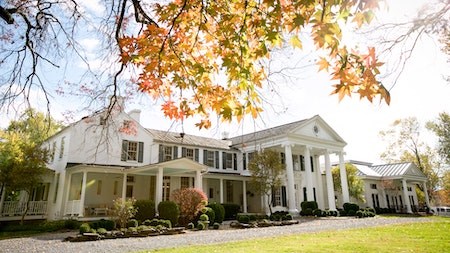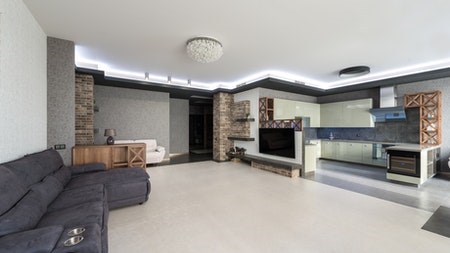Buying a property in possession (PIP) on auction is one way of becoming a homeowner that not many buyers are aware of. Most property websites like Private Property have specialist sections where you can find details of bank-assisted sales and repossessed homes across South Africa's top banks.
Private Property features an extensive list of bank properties for sale, working in partnership with some of South Africa’s most established financial institutions. These include Standard Bank, Absa, Nedbank and SA Home Loans - all of which feature the latest bank properties from around the country.
The bank properties for sale on the user-friendly site are conveniently categorised according to price range and property types, such as houses, apartments and flats, or townhouses and clusters. Alongside the comprehensive property listing, Private Property also offers potential property owners helpful advice related to bank properties.
PIPs
PIPs are sold on auction for various reasons.
- The owners may have defaulted on their bond repayments.
- Some are properties in deceased estates where the will's beneficiaries are unable or unwilling to take over the bond.
- The owners may have been sequestrated. In this case, the sale is the result of a court order.
PIP sales are conducted through a sheriff of the court at public sales in execution. Sheriffs are appointed by the courts to act within specific regions and are considered to be unbiased parties between execution debtors – usually the banks - and successful bidders.
There are various auctions around South Africa, and all properties for sale in execution must be advertised in the Government Gazette as well as at least one local newspaper in the area.
Research
The main factor to take into account is that PIPs should be thoroughly inspected before you put in your bid. You need to do all the research you normally do when buying a house through an agent. This includes a detailed inspection, an understanding of the market value and any necessary renovations or repairs.
You also need a good understanding of the risks involved in buying a PIP on auction and must be clear on what your responsibilities are if your bid is accepted.
You need to be aware that there are a number of costs involved when buying at auction, which are all due on acceptance of the bid. These include:
- A non-refundable deposit of 10 percent of the purchase price.
- VAT of 15% of the purchase price.
- The sheriff’s commission of 6 percent on the first R30 000 and 3.5 percent on the balance of the price up to a maximum of R7 000.
Risks
There are some potential risks you should be aware of:
Properties at sales in execution are generally sold voetstoets, a South African legal term which means ‘as is’. This means there is no recourse if you are unhappy with the state of the property once you have bought it.
If the property is on auction because the owners defaulted on bond repayments, they almost certainly defaulted on paying their rates and taxes too. Because you bought the property voetstoets, you will be liable for the outstanding rates and taxes, which may amount to a significant sum.
Banks are willing to finance properties on auction in the same ways as for any other property. However, if you bid on the property and pay the deposit and the sheriff's commission, but the bank then doesn’t approve your application for finance, you will lose your initial outlay.
If there are current non-paying tenants who fail to vacate the property after the sale, you will have to follow a legal process of eviction. This can take up to three months, and you will be liable for the associated costs.
Responsibilities include obtaining certificates of compliance for electrical, gas, plumbing and electric fence installations, as the law requires homeowners to be in possession of these compliance certificates before taking transfer. In the usual sale process, certificates of compliance are the sellers’ responsibility, but for properties sold on auction, buyers are responsible for these.
The process
Once you have decided to bid for a property, you need to register as a bidder.
At the auction, the sheriff will start the process by accepting the registered bidders and going through the conditions of sale. He/she will mention a specific starting price, and all registered bidders are then free to start bidding.
If your bid is accepted, you will be asked to accept and sign the conditions of sale and pay the deposit in accordance with the different banks’ requirements.
Consider Bank sales for property in possession for your next property purchase.




